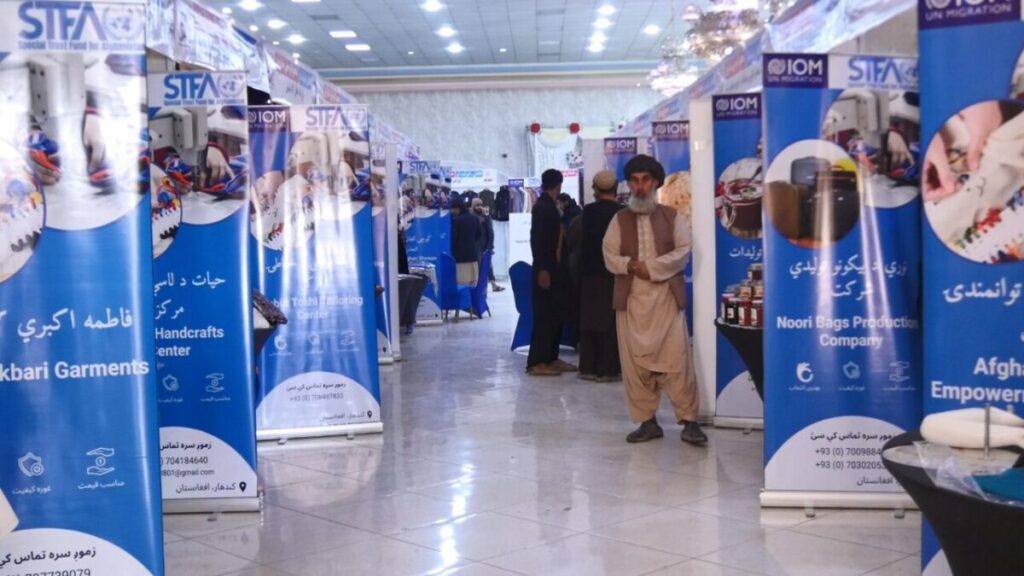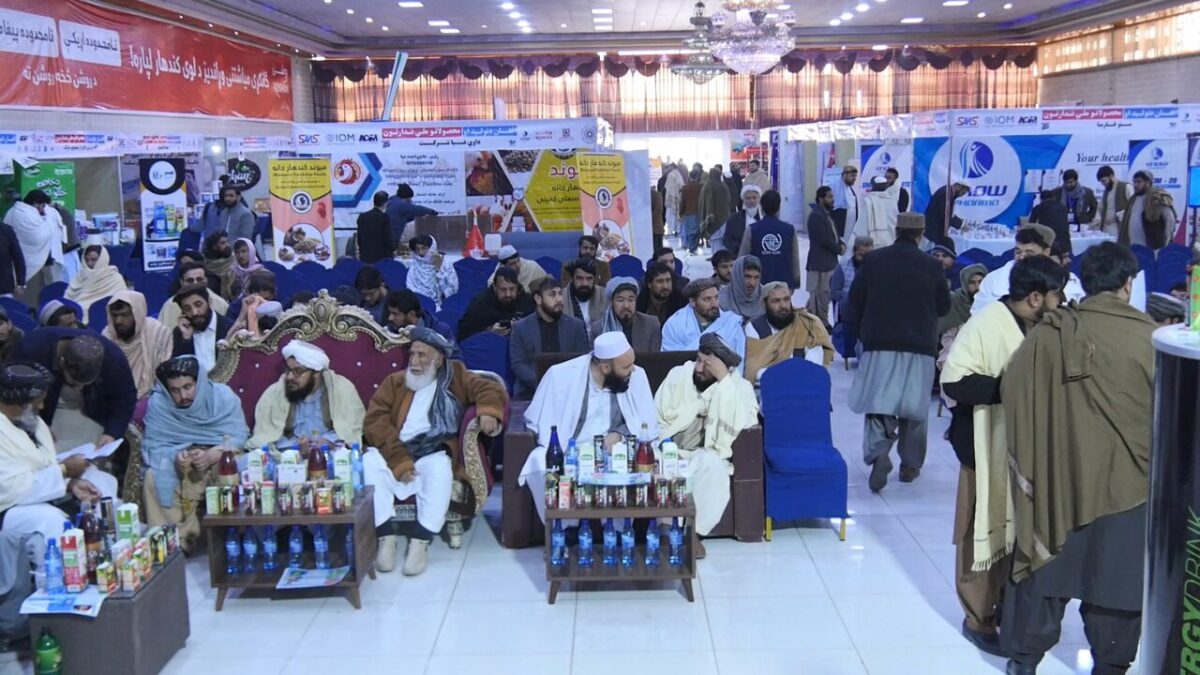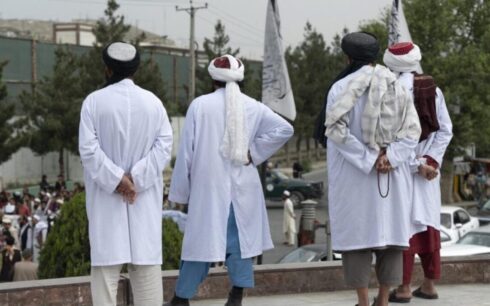Kandahar Province, regarded as the Taliban’s power base, is hosting a three-day exhibition showcasing domestic products from 150 Afghan manufacturers. However, as the event entered its second day on Sunday, sources reported that women had been barred from attending.
The exhibition features a wide range of goods, including hand-embroidered collars crafted by Kandahari women, homemade jams, pickles, and traditional garments.
Despite the prominent role women play in producing these items, they have been excluded from participating in the event.
Basir Ahmad Khpalwak, who manages a booth displaying handcrafted pickles, explained that he attended in place of his wife, who was denied entry by the Taliban. “My wife is a businesswoman and prepared these products, but she wasn’t allowed to participate. So, I came instead,” he said.
Similarly, the son of Ziaquli Goldozi, a woman known for her intricate embroidery work, attended the exhibition on her behalf. “My mother wasn’t permitted to come, so I came to represent her,” he said.
Oscaram Marketing Office, the technical organizer of the event, confirmed that all participants were men and that no women were allowed to take part.

Abdul Rahman, another exhibitor, noted the absence of women had dampened the event’s atmosphere. “Compared to previous exhibitions, this one lacks the vibrancy we’ve seen before,” he said.
While local Taliban officials in Kandahar have not commented directly on the decision, the Taliban have imposed restrictions on women’s participation in public and professional life. This includes a ban on women working for both domestic and international non-governmental organizations, as well as a broader crackdown on women’s rights since their return to power.
Observers note that barring women from such events undermines the role of female entrepreneurs in Afghanistan’s struggling economy and sends a stark signal about the Taliban’s continued policies of exclusion.





